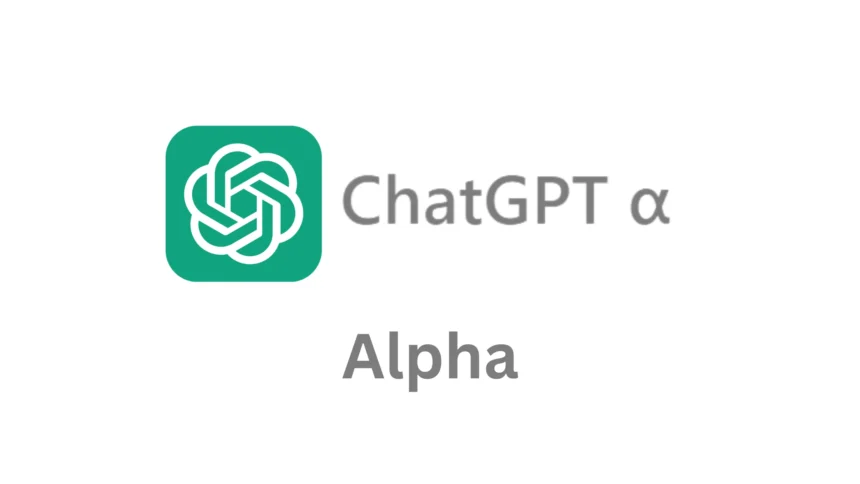New York, September 17, 2024 — In a groundbreaking move that could reshape the landscape of AI-based communication, OpenAI has unveiled its latest innovation: ChatGPT α, dubbed the “o1-Mini” model. This new iteration promises enhanced conversational capabilities in a compact, more efficient framework, catering to a broader audience with optimized performance and lower computing requirements.
OpenAI CEO Sam Altman, speaking at the virtual launch event, described ChatGPT α as a game-changer for developers, enterprises, and individual users alike. “We’ve listened closely to feedback from millions of users and are excited to introduce a model that balances performance and resource efficiency, without sacrificing quality. ChatGPT α is the next step in making AI more accessible and scalable.”

What Sets ChatGPT α Apart?
The “o1-Mini” model, as its name suggests, is designed to be lightweight, prioritizing speed and simplicity. Despite being a smaller version of its predecessors, it packs a punch with improved contextual understanding, fewer processing lags, and better memory retention in conversations.
While earlier versions of ChatGPT have been deployed on large-scale systems requiring significant computational power, ChatGPT α reduces the resource burden significantly. According to OpenAI engineers, this model can run efficiently on consumer-grade hardware, making it ideal for companies looking to integrate advanced conversational AI without the need for expensive infrastructure.
Key Features
- Compact and Efficient: One of the standout features of ChatGPT α is its ability to deliver high-quality conversations with fewer resources. OpenAI has developed an architecture that minimizes memory and processing demands while still offering sophisticated language understanding.
- Faster Response Times: Thanks to its compact design, ChatGPT α reduces response times, enabling users to enjoy smoother, near-instantaneous interactions. This marks a significant improvement in user experience, particularly for applications requiring real-time communication.
- Contextual Awareness: The model has been fine-tuned to maintain contextual awareness over extended dialogues, a challenge that previous iterations struggled with. Whether it’s casual chat or in-depth professional inquiries, ChatGPT α keeps the conversation coherent.
- Adaptability for Developers: Developers can leverage the “o1-Mini” model in diverse applications, from customer service chatbots to interactive learning platforms. Its lightweight nature also allows it to be integrated into mobile apps and edge computing environments.
Industry Reactions
Tech insiders are already buzzing about the potential impact of ChatGPT α. “This release is a major step forward, especially for smaller businesses,” said Lisa Timmons, an AI analyst at FutureTech. “Previously, the need for high-powered servers was a barrier for many startups wanting to explore AI chat systems. With ChatGPT α, the cost to entry has dropped dramatically.”
Meanwhile, early adopters in industries such as healthcare, retail, and education are exploring how the model could streamline customer interactions and enhance user engagement. Experts also predict that this compact AI model will contribute to the growth of personalized virtual assistants, intelligent tutoring systems, and conversational agents in niche sectors.
Future Outlook
OpenAI’s decision to launch the o1-Mini comes amid a rapidly expanding AI market where the demand for scalable, efficient models is at an all-time high. As industries continue to embrace digital transformation, models like ChatGPT α could become integral to daily operations, powering everything from virtual assistants to interactive online platforms.
Looking ahead, Altman hinted that the company plans to further refine the ChatGPT series, with a focus on democratizing access to AI technologies. “We believe ChatGPT α marks the beginning of a new chapter where AI is not just about complexity but about usability and reach,” he added.
With its balance of efficiency, performance, and accessibility, ChatGPT α is expected to set new standards for conversational AI, positioning OpenAI at the forefront of this competitive field.
As this model continues to roll out globally, industry watchers will be keen to see how it integrates into diverse real-world applications, potentially reshaping how people interact with technology on a daily basis.




